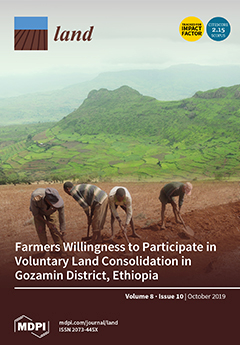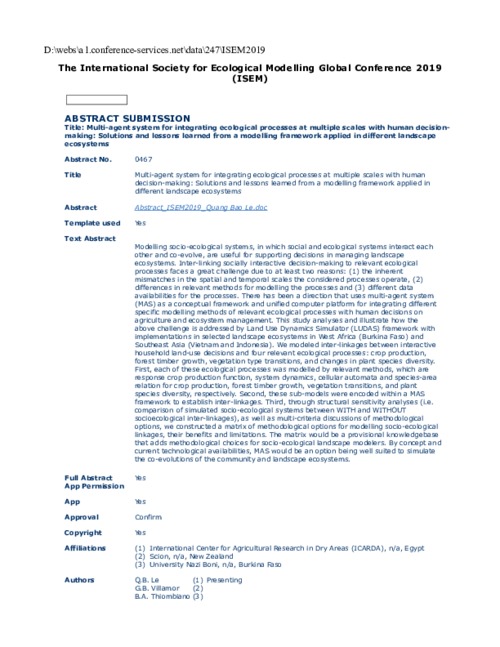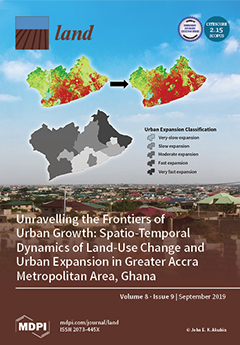The Challenge of Protecting Community Land Rights: An Investigation into Community Responses to Requests for Land and Resources
A new wave of agricultural commercialisation is being promoted across Africa’s eastern seaboard;by a broad range of influential actors – from international corporations to domestic political and business elites. Growth corridors;linking infrastructure development;mining and agriculture for export;are central to this;and are generating a new spatial politics as formerly remote borders and hinterlands are expected to be transformed through foreign investment and aid projects.







